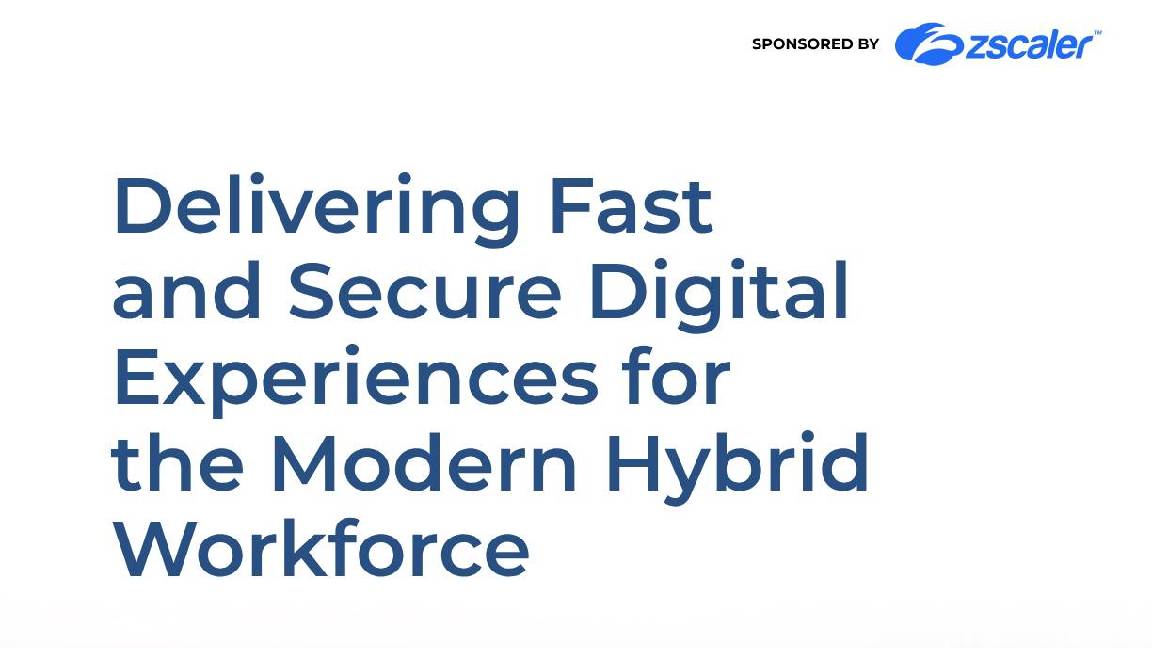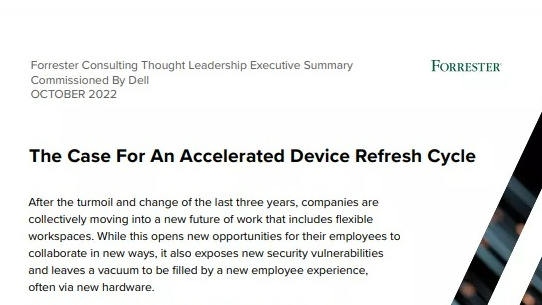Cloud collaboration in the pharmaceutical industry
The regulated nature of cloud could pose problems for pharma firms but this needn't be a concern

Pharmaceutical companies have been increasingly looking at cloud services in order to help unify such a globally distributed and versatile sector. From research to manufacturing, through sales, distribution and marketing, there are several globally dispersed elements that need unity at any one time. In particular, the main benefits of cloud computing being realised in the pharmaceutical industry are for the commercial sales representatives and medical information side.
For pharma professionals working across multiple markets and time zones, anything that improves the flow of information and promotes collaboration across teams and suppliers is valuable. The introduction of simple cloud-based tools is enabling organisations to streamline processes, having not only markedly improved the ways organisations are run, but are also helping to address compliance issues, such as codes of conduct, set out by the FDA.
The collaboration tools hosted in the cloud allow for better peer-to-peer liaison and removing the barriers (both business and technical) between commercial sales and medical teams, serves to improve business effectiveness and reduce risk.
We’re building social intranets/portals into global pharmaceutical companies which have a compliance dimension built in. For example, within the medical side of pharmaceuticals, the compliance aspects can track those who are qualified to talk about certain drugs – achieved after passing a test. These materials are then subject to an approvals process, delivered to the device of the employee’s choice (laptop, tablet or phone).
All these procedures mean you can easily track the authority and compliance - when employees go out to meet healthcare professionals they are certified to talk about particular drugs. This is just one example of how the social intranet can drive up benefit, quality and reduce risk.
There are more serious considerations to cloud and the pharmaceutical industry too. Running cloud in a highly regulated environment can pose difficulties, particularly in an area that places a high premium on confidentiality.
What we’ve seen as the current main issue is data privacy; people don’t want their private medical or research details, such as “adverse events” (ie reacting to a drug) out in the public domain. Privacy is also a concern, with worries about whether thirds parties can view the information. Finally, it’s an industry with stringent regulations – whether based in Europe or the US.
Get the ITPro daily newsletter
Sign up today and you will receive a free copy of our Future Focus 2025 report - the leading guidance on AI, cybersecurity and other IT challenges as per 700+ senior executives
These are all areas where moving to cloud can help, thanks to the precision of information sharing it allows for. Cloud will certainly help speed things up and promote innovation but we need to have information locked down simultaneously, which reiterates the flexibility of cloud – don’t forget that it can be customised to suit various organisations’ needs and security considerations.
What’s more, pharmaceutical and life sciences professionals can do a lot to educate the financial services sector on data concerns and cloud technologies. For instance, how they can bring sets of data together and realise the immediate use and insights on their own. This will become a big consideration, as financial services are currently reticent to move to the cloud, particularly within EU regulatory frameworks.
Ultimately, the pharmaceutical industry is showing how cloud services can be successfully applied in a highly regulated industry. We’re seeing great results in pharmaceutical innovation and joining up a traditionally dispersed industry, while maintaining data security. We’re excited for the way this is going and also how it will help other industries looking to capitalise in cloud.
Lori Williams is general manager of Appirio’s European operations, and oversees sales, marketing and customer support in that region
She has been with the company since 2009, where she was brought on to manage Appirio’s customer support team and cloud management offerings.
Prior to joining Appirio, Lori was the vice president of customer delivery at data protection company Credant Technologies, which she led to worldwide customer growth of more than 500 percent. Prior to Credant, Lori was the vice president of mobility solutions and services at JP Mobile and also spent more than 10 years in various international leadership services and product roles at IBM and Lotus Development.
Lori is a graduate of Baylor University where she earned her bachelor’s degree in finance, international business and information systems.
-
 Google faces 'first of its kind' class action for search ads overcharging in UK
Google faces 'first of its kind' class action for search ads overcharging in UKNews Google faces a "first of its kind" £5 billion lawsuit in the UK over accusations it has a monopoly in digital advertising that allows it to overcharge customers.
By Nicole Kobie
-
 Neural interfaces promise to make all tech accessible – it’s not that simple
Neural interfaces promise to make all tech accessible – it’s not that simpleColumn Better consideration of ethics and practical implementation are needed if disabled people are to benefit from neural interfaces
By John Loeppky
-
 'Digital hide-and-seek': Workers are wasting hundreds of hours a year sourcing the information they need to carry out their role
'Digital hide-and-seek': Workers are wasting hundreds of hours a year sourcing the information they need to carry out their roleNews Knowledge workers globally are wasting a quarter of their working week tracking down information, new research from Atlassian has revealed.
By George Fitzmaurice
-
 Untethered: How CIOs and CISOs are paving the way for the new hybrid workforce
Untethered: How CIOs and CISOs are paving the way for the new hybrid workforceWhitepaper Effective techniques to transition from exposed legacy infrastructure to an effective zero trust strategy
By ITPro
-
 Unlocking the power of your digital services
Unlocking the power of your digital servicesSponsored Businesses have invested significant cash into technology since COVID-19, but are they really getting their money's worth?
By ITPro
-
 Delivering fast and secure digital experiences for the modern hybrid workforce
Delivering fast and secure digital experiences for the modern hybrid workforceWhitepaper A new approach to digital experience monitoring that can monitor the health of all systems
By ITPro
-
 Collaboration is the glue that holds your business together
Collaboration is the glue that holds your business togetherSPONSORED A combination of productivity tools and cloud telephony can enable the best from your workforce
By ITPro
-
 The future of work and the forgotten workforce
The future of work and the forgotten workforcewhitepaper How to deploy a mobile-first strategy so no one gets left behind
By ITPro
-
 The case for an accelerated device refresh cycle
The case for an accelerated device refresh cycleWhitepaper Achieving a more cost-effective device lifecycle overall
By ITPro
-
 Employees are choosing how they work
Employees are choosing how they workWhitepaper And with the right secure digital strategy, this could be a great thing for your business: today and far into the future
By ITPro